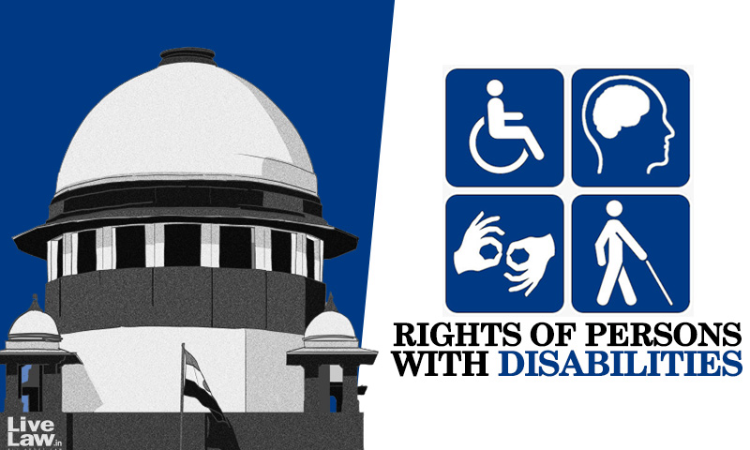"The NTA must remember that all authority under the law is subject to responsibility and above all to a sense of accountability. It is governed by the rule of law and the necessity of observing fairness. As an examining body, the NTA was bound to scrupulously enforce the guidelines for the examination which provide for specific relaxations for persons with disability", ruled the Supreme Court...

